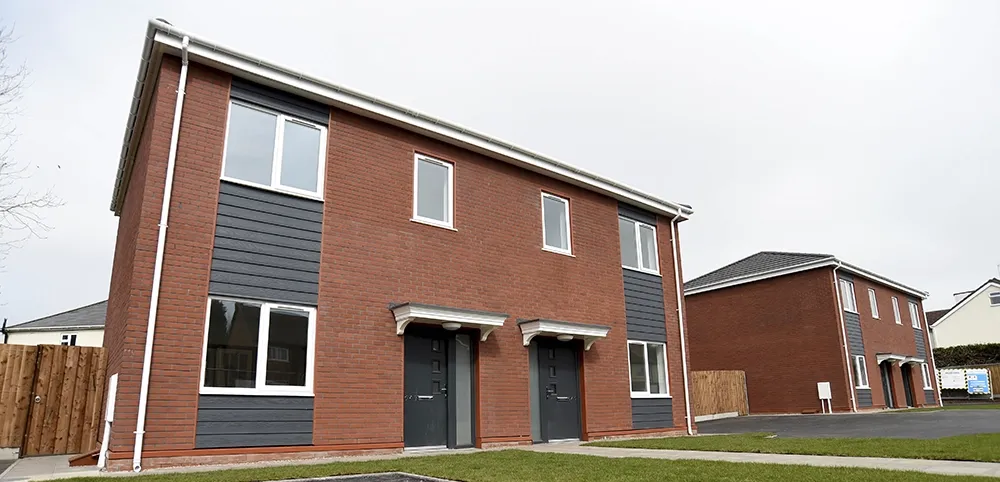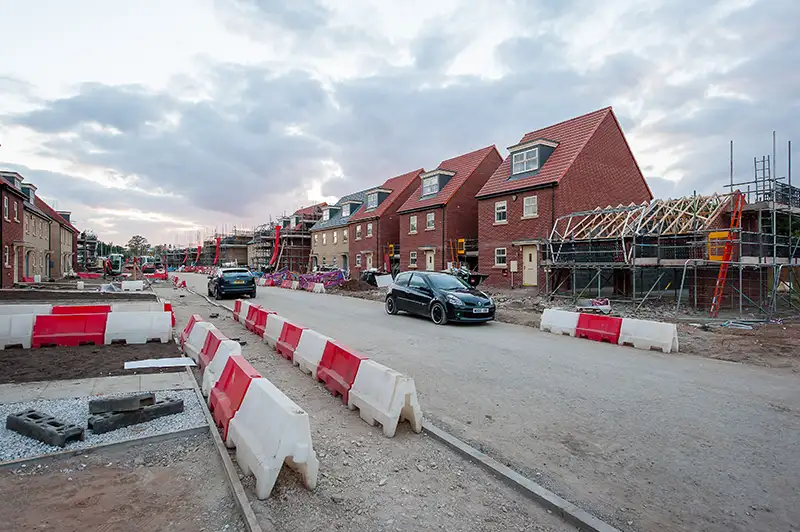Consultation Outcome – Rents Policy and Convergence
MHCLG has published the consultation outcome relating to future rent policy and convergence. This confirms the earlier Spending Review announcement of a new 10 year rental settlement allowing annual rent increases up to CPI +1% each year from 1 April 2026 to 31 March 2036, based on CPI from the previous September.
The decision on rent convergence confirms that Registered Providers may increase the rent on Social Rent homes by up to an additional £1 per week above the CPI+1% limit from April 2027, and £2 per week from April 2028, until formula rent is reached.
Following these announcements, the Regulator of Social Housing (RSH) published the Rent Standard 2026 and associated guidance.














